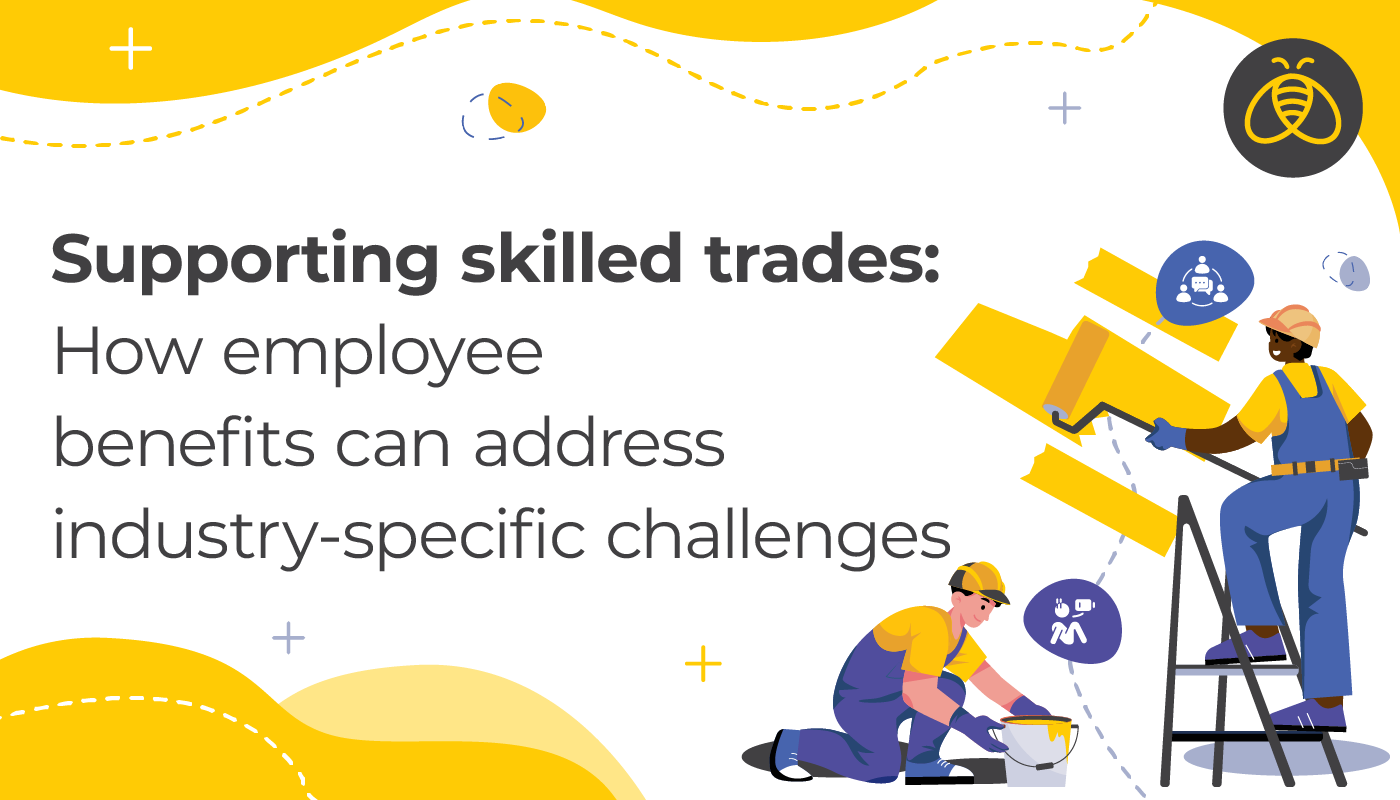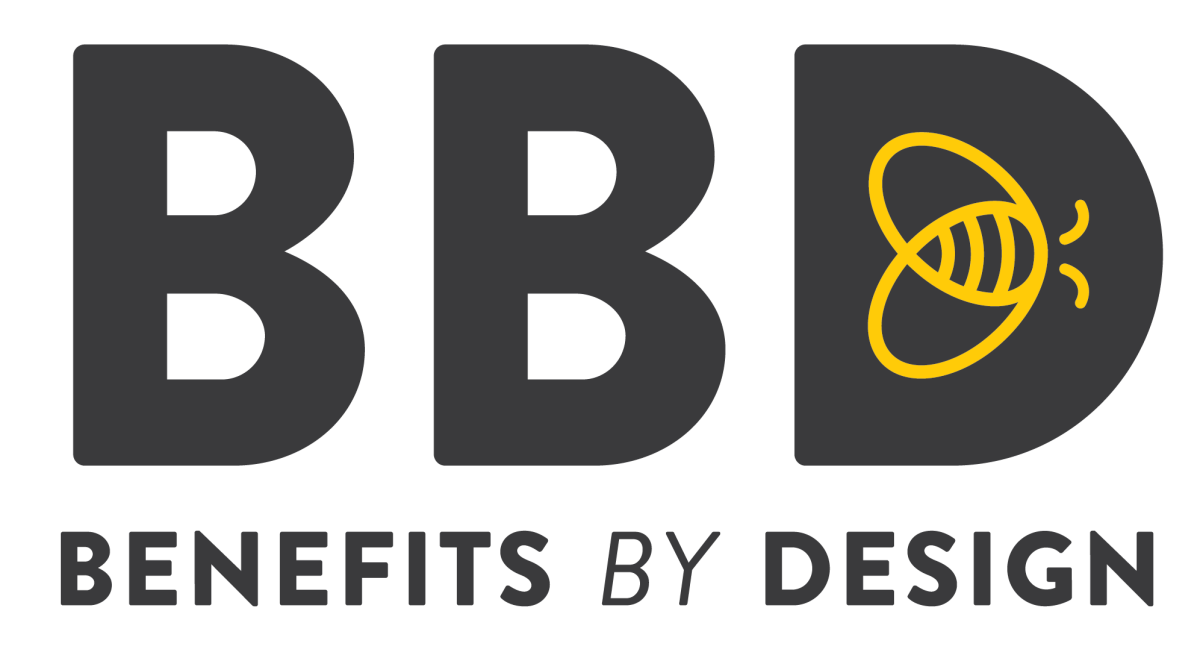Supporting skilled trades: how employee benefits can address industry-specific challenges
By: Benefits by Design | Tuesday March 18, 2025
Updated : Monday March 17, 2025
Skilled trades professionals work in demanding environments that test both body and mind. Physically taxing work, high injury risks, and labour shortages create real challenges that require smart solutions. Tailored employee benefits protect well-being and build a stronger, more dedicated workforce.
Addressing physical and mental health risks
Skilled trades work demands strength and endurance, often leading to injuries and chronic pain. Comprehensive disability insurance shields workers from financial hardship when injuries occur, ensuring access to essential care.
Equally, mental health support programs, including counselling and stress reduction workshops, help workers manage anxiety and burnout, making it clear that employers truly value their teams. Investing in these critical supports secures worker health and builds overall operational resilience.
Robust health benefits boost morale and reduce absenteeism. Companies that invest in well-rounded physical and mental health programs see higher productivity and lower turnover. This is particularly important in skilled trades, as heavy workloads can often strain an employee’s mental and physical health.
Managing time off effectively
Proper rest is critical in preventing fatigue and maintaining high performance. Structured paid time off policies allow tradespeople to recharge — especially during peak seasons when the workload intensifies, or popular times of year for a break, like the holidays. Data-driven strategies for scheduling time off ensure that every worker gets sufficient breaks while operations remain smooth.
Clear, consistent time-off practices require proactive planning. Organizations can start by using time off forecasting to estimate when employees will request PTO more accurately. Automating the PTO approval process can streamline holiday management and ensure managers follow company policy when approving time away from work.
Combating employee burnout
The relentless demands of the skilled trades can quickly lead to burnout. Early detection of burnout signs through regular assessments allows companies to offer timely mental health support. Providing access to professional counselling and wellness programs helps keep stress in check and performance high.
Proactive measures in addressing burnout build a culture of care. This is crucial in skilled trades, where employees at all levels may overlook their own needs in favour of company needs. By reassuring employees that they can take time off when they feel overwhelmed, organizations can reduce the risk of burnout and enhance long-term productivity.
Enhancing workplace communication and organization
Clear communication and well-defined roles are essential for efficient operations. Tools like digital organizational charts can improve communication by ensuring everyone knows their role in the team. Customizable, digital organizational charts also improve operational agility by ensuring employees know who to report to. Effective information flow empowers teams to act swiftly and confidently, driving success in every project.
Efficient organization leads to quicker problem-solving and smoother operations. Employees who understand their roles work with confidence and purpose. A transparent workplace empowers every team member and enhances overall productivity. This clarity inspires proactive decision-making and cultivates a culture of accountability that continuously elevates performance.
Creating a comprehensive employee benefits package
A robust benefits package tailored to skilled trades professionals can transform workforce dynamics. Benchmark yours against benefits surveys for the construction and trades industry that identify important options. Extended health coverage, solid disability insurance, and secure retirement plans are common offerings that provide essential financial and physical protection. Flexible benefit options allow workers to choose the support they need, whether that means extra health services or additional paid time off. Life insurance and accidental death and dismemberment (AD&D) insurance are also essential for employees’ peace of mind, and ancillary benefits like diagnostic and specialist access insurance (DSAI) or an employee assistance program can elevate your support even further.
Comprehensive benefits improve job satisfaction and attract top talent in competitive skilled-trade industries. When workers feel well supported, their loyalty grows and turnover drops. A strategic benefits package not only meets immediate needs but also builds a legacy of care and resilience that positions companies for long-term success.
Conclusion: A future of resilient, supported talent
Tailored employee benefits hold the key to a thriving skilled trades industry. Companies that invest in comprehensive health coverage, mental health support, and structured time off create a culture of care that boosts productivity and reduces turnover. A strong benefits package not only protects workers but also inspires them to perform at their best.
Employers should set measurable goals for satisfaction and retention and align benefits with industry demands and the evolving needs of the workforce. By supporting the whole person, companies build a resilient workforce ready to tackle challenges head-on, improve their bottom line, and create a legacy of care that defines the future of the skilled trades.


![[FREE DOWNLOAD] Group insurance Quick Tax Facts Guide for 2026](https://www.bbd.ca/wp-content/uploads/2026/02/Group-insurance-Quick-Tax-Facts-Guide-for-2026-Banner.webp)